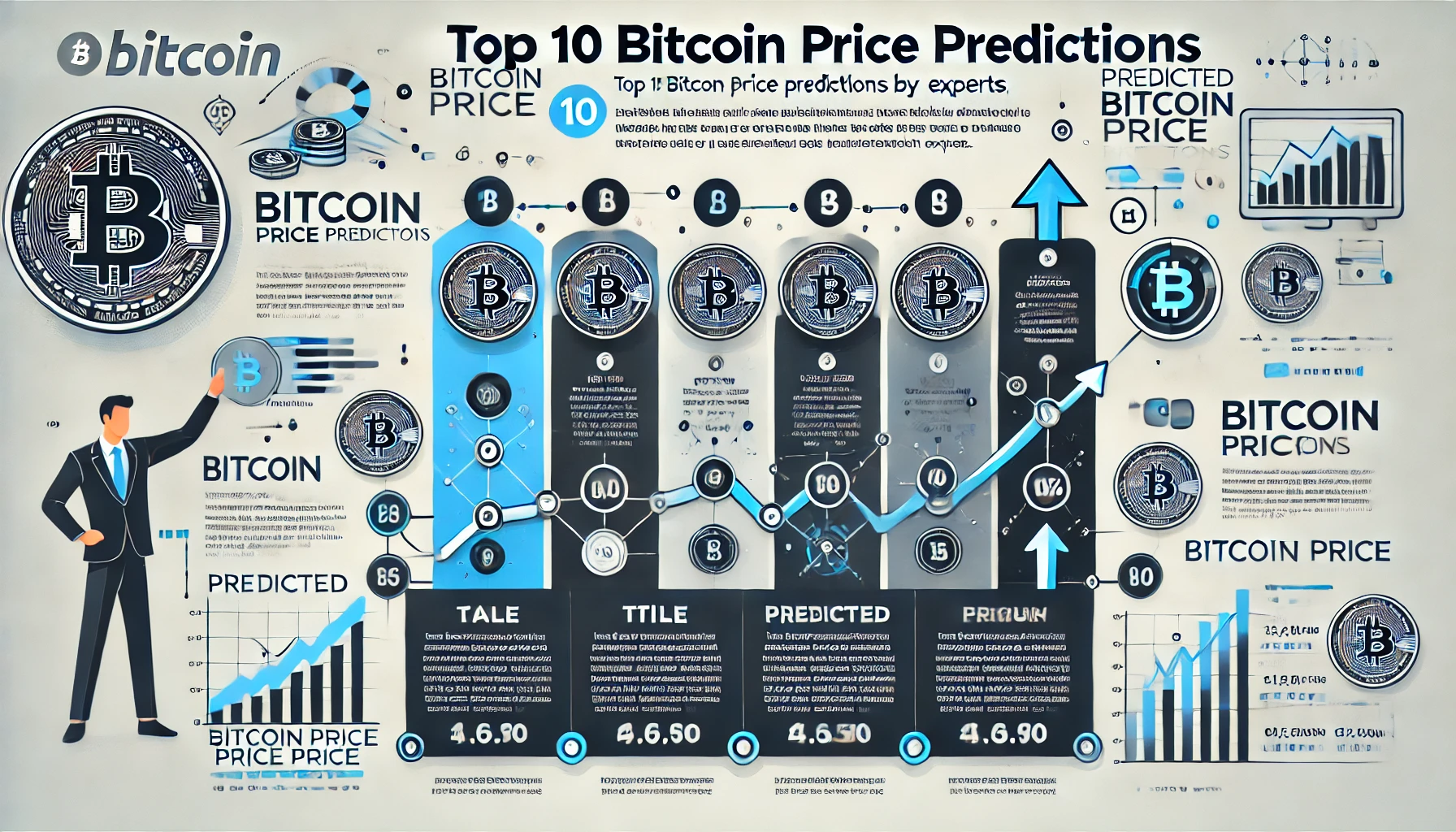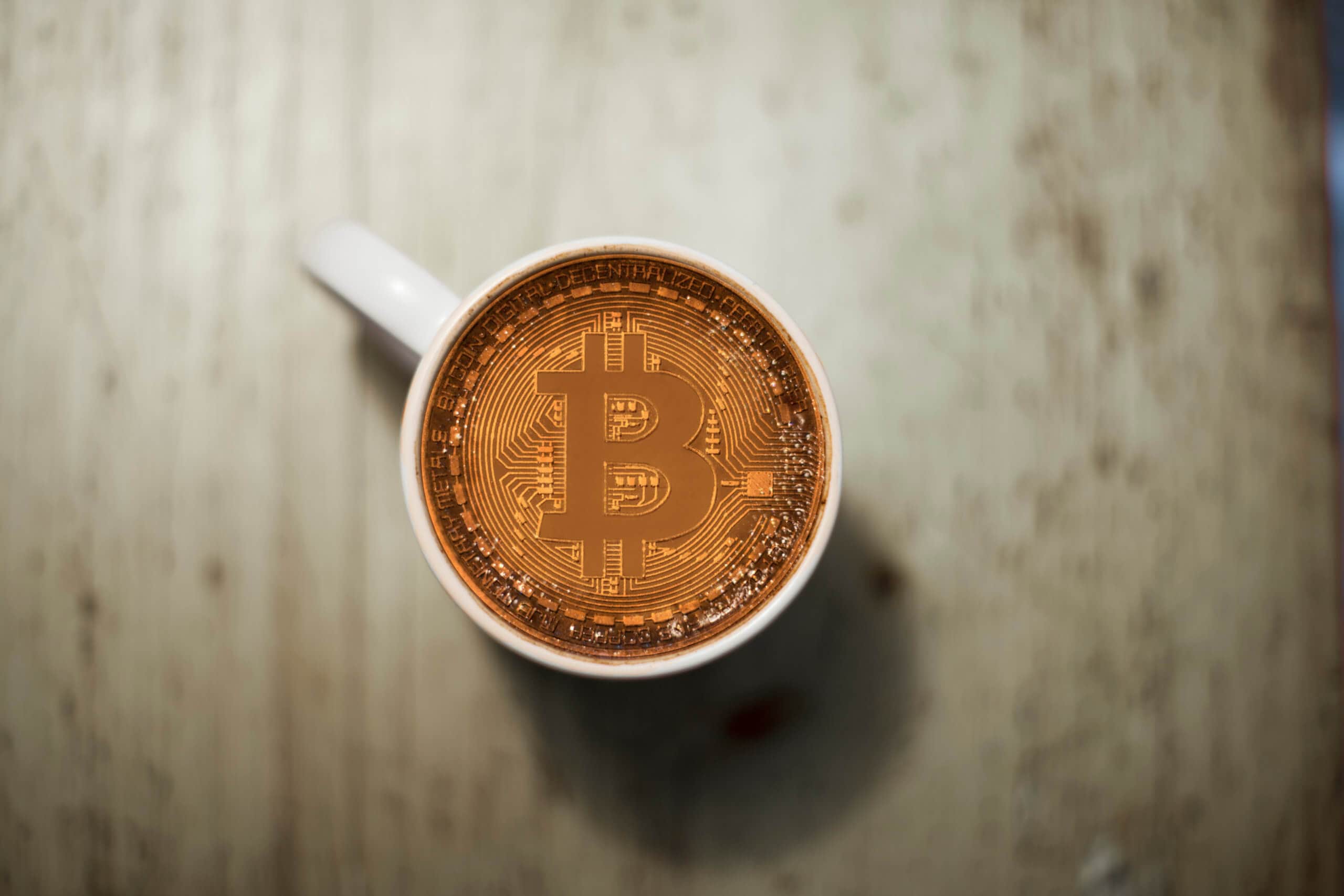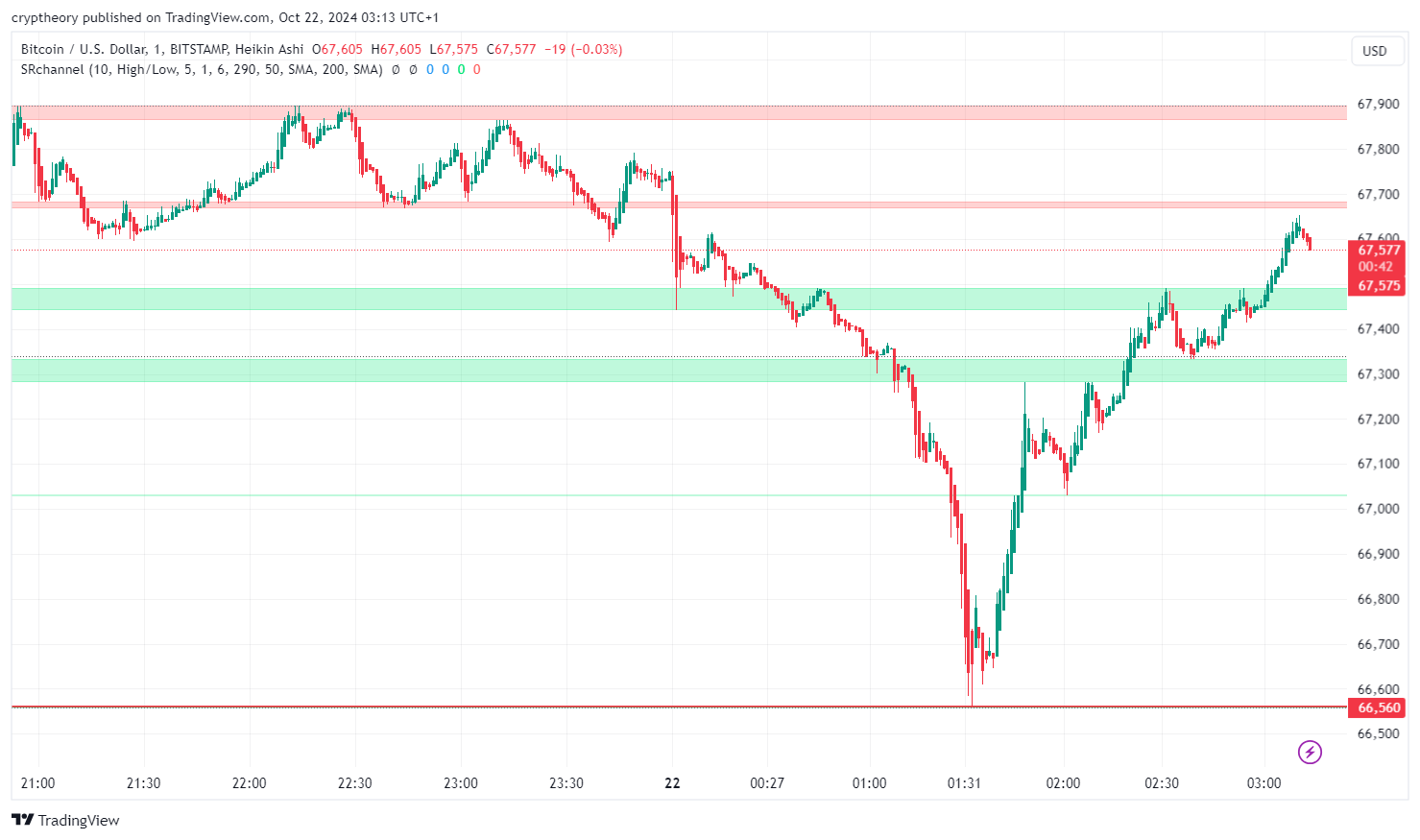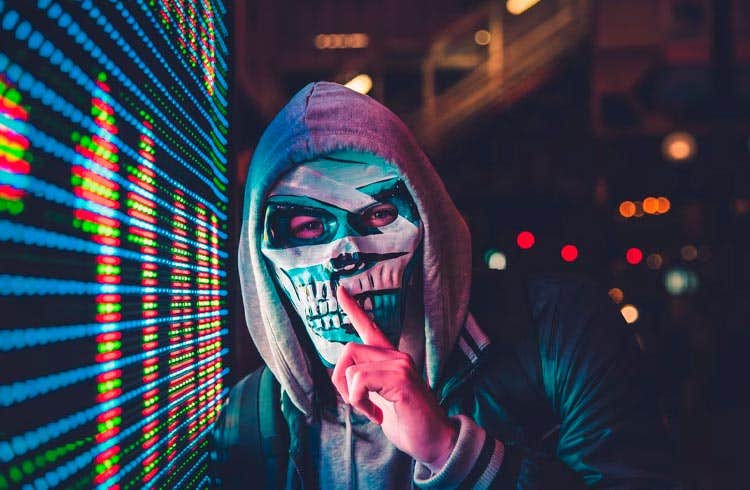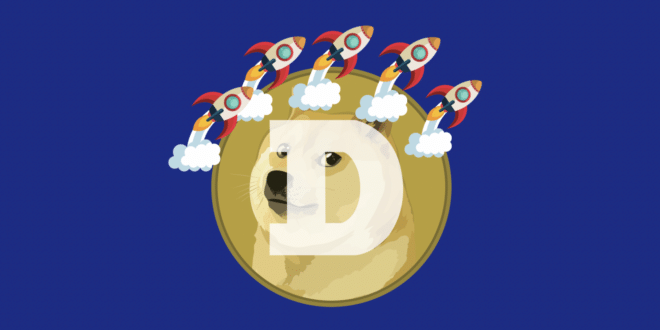The vision sounds wild. One app for everything. In the future, you should be able to use it to pay free of charge with crypto and to prove your identity in a forgery-proof manner. And even: receive an unconditional basic income. This is Worldcoin. Perhaps one of the most ambitious crypto ecosystems of recent years. Behind it is: Sam Altman, the founder and CEO of ChatGPT. AI is the fastest growing internet service of all time. High-ranking investors also rely on Worldcoin, including Andressen Horrowitz and Coinbase.
The thesis behind the project: In a few years, automation and artificial intelligence will completely change the economy. From medicine to journalism: In many industries, people are increasingly being replaced by intelligent machines. Experts have been predicting this for years. Up to 80 percent of jobs could be lost. On the other hand, according to Altman, AI will lead to a productivity boom. The foundation behind Worldcoin speaks of an “era of abundance”. Your concern: distribute this back to the people, via their system. What states have been discussing for years, Sam Altman wants to introduce via crypto: an unconditional basic income.
Worldcoin is built on Optimism, a Layer2 solution for Ethereum. The associated World app promises fee-free transactions with FIAT or crypto. It also appears to have integrated the Ethereum Name Service. That means it is open to dApps from the ecosystem. The code should remain open source. The project was founded in 2019, it has been in a test phase since 2022, and the plan is to launch it in summer 2023. A positive signal, the tokenomics: 80 percent of the coins are to be distributed to the community, with the team and investors keeping 10 percent for themselves . But there is a big catch.
Look into my eyes
Anyone who wants to take part in the utopian project has to have their iris scanned by a machine called an orb. These should be set up at universities and supermarkets and check whether a person is genuine and unique. Eyes will become a badge of humanity in an AI-dominated future. “Since no two people have the same iris pattern, and these patterns are very difficult to fake, the Orb can accurately tell people apart without having to gather any additional information about them — not even their names,” Worldcoin said.
An “iris hash” is generated with the data, which is stored locally in the orb. According to Worldcoin, the code is never passed on, only checked whether the hash already exists in the database. According to the company, it uses a new type of cryptographic method to protect privacy, the zero-knowledge proof. If the algorithm doesn’t find a match, the person has passed the uniqueness check and can continue registering with an email address, phone number, or QR code to set up their Worldcoin wallet. All of this should happen in a matter of seconds.
Worldcoin solves two other problems at the same time: With this method, people can be clearly distinguished from machines, which will become increasingly important in the digital space. And it guarantees greater privacy than current solutions. Because if the system were to prevail, you would no longer have to enter your data everywhere, just the “iris hash”.
Worldcoin is said to have already broken laws
At least in theory. Because according to the current terms and conditions, the data of the users are stored, provided they consent. The company claims that this will no longer be necessary later on. The AI for iris recognition must first be trained well enough. But a report by the MIT Technology Review also raises questions. Worldcoin is said to have recruited its first half a million users, primarily in emerging markets, using questionable methods.
Company officials are said to have collected “more personal data” than they admitted. They also “failed to obtain meaningful consent” from their test users. Instead, poor people were lured and deceived with promises of wealth in order to get their biometric data. MIT says: Worldcoin may even have violated applicable privacy laws.
The history of OpenAI should also make you cautious. The leading AI company started with great ideals as a non-profit company. There isn’t much left of it. Since the billion-dollar deal with Microsoft, the focus has been on hyper-commercializing the software, starting with sales of GPT licenses and premium access.









